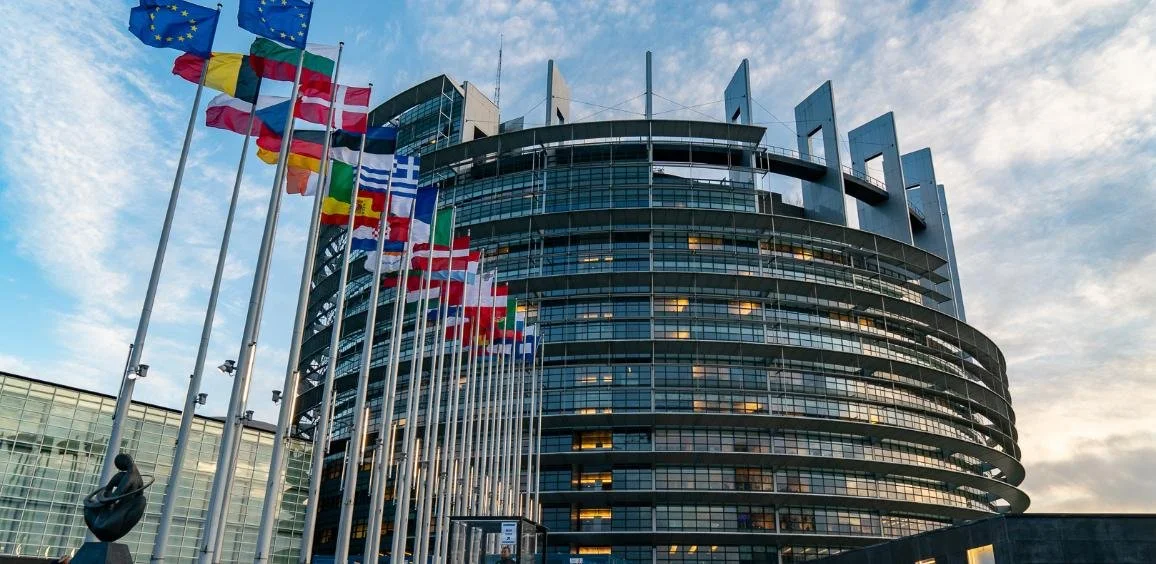EU Waters Down Landmark Sustainability Law: Scope and Accountability Greatly Reduced
The European Parliament has approved major rollbacks to the Corporate Sustainability Due Diligence Directive (CSDDD), dramatically narrowing its scope and weakening enforcement. The law will now apply only to companies with 5,000+ employees and €1.5 billion turnover, while climate transition plan requirements and civil liability provisions have been removed. Critics warn this marks a significant setback for corporate accountability, human rights, and environmental protection in the EU.
EU sustainability law watered down: what really happened and why it matters
The European Parliament Legal Affairs Committee has approved significant rollbacks to one of the European Union’s most ambitious sustainability frameworks — the Corporate Sustainability Due Diligence Directive (CSDDD). This directive was originally designed to hold large companies accountable for human rights abuses and environmental damage throughout their global supply chains.
These new amendments drastically narrow the scope of the law and weaken enforcement mechanisms, raising concerns from civil society groups, investors, and environmental advocates.
What has changed
The original directive applied to companies with at least 1,000 employees and €450 million in annual turnover. Under the new version, only companies with 5,000 or more employees and a turnover of at least €1.5 billion will be required to comply. This change excludes thousands of companies from the EU’s due diligence requirements.
In addition to raising the threshold, lawmakers approved several other major changes:
Removal of the obligation for companies to prepare and implement climate transition plans.
Elimination of civil liability provisions, making it significantly harder to hold companies legally accountable for human rights or environmental harm.
Introduction of multiple exemptions and loopholes, further weakening the directive’s reach and effectiveness.
Why this matters
CSDDD has been one of the most politically sensitive parts of the EU’s green agenda. Its original purpose was to ensure that large corporations take responsibility for their impact on people and the environment, including labor rights, deforestation, pollution, and climate change.
By narrowing the law’s scope and removing key accountability mechanisms:
Many large corporations will no longer be legally required to address harmful practices in their global supply chains.
Pressure on foreign companies operating in the EU will be significantly reduced.
Europe’s leverage as a global leader on sustainability and human rights will weaken.
Victims of environmental harm or rights violations will have fewer legal pathways to seek redress.
Political context and pressure
The decision follows months of lobbying from major corporations and diplomatic pressure from several countries, including the United States and Qatar, who argued the law would be too burdensome and harm competitiveness.
The changes were strongly supported by conservative lawmakers in the European Parliament, who framed them as necessary to “simplify rules and reduce costs for businesses.”
Meanwhile, human rights and environmental advocates have warned that these amendments strip the directive of its core purpose. According to Amandine Van den Berghe, senior lawyer at the nonprofit law firm ClientEarth, “If such changes are ultimately adopted, this law will be stripped of its very purpose for short-term political convenience. What is a cornerstone of responsible business in Europe is being turned into a political bargaining chip.”
Next steps
The Legal Affairs Committee has requested that the European Parliament begin negotiations with EU member states without requiring a full parliamentary vote. However, a group of lawmakers representing at least one-tenth of the assembly could still force a plenary vote.
EU member states have already signaled support for raising the thresholds, making it likely that the changes will be adopted in the final version of the law. If so, the EU will move forward with a much narrower directive than originally envisioned, significantly reducing its impact on corporate accountability and sustainability.

